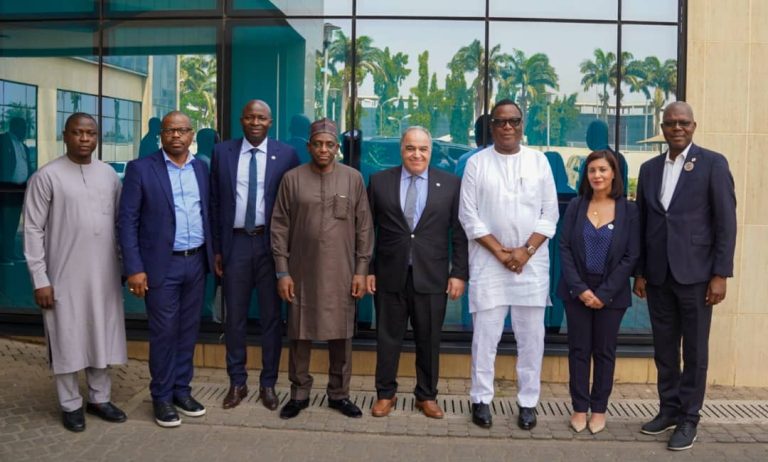The Nigerian Medical Association (NMA), on Thursday, advised Nigerians to prepare for possibly fresh and deadlier Lassa fever, Ebola Virus Disease (EVD) and COVID-19 outbreaks.
President, NMA, Prof. Innocent Ujah, at the opening of the December National Executive Council (NEC) meeting (Caliphate City 2021) in Sokoto, expressed concerns over emerging and re-emerging infections.
He stressed the need to continually put together effective outbreak prevention and control measures that are culturally appropriate, relevant and feasible for communities to check unnecessary loss of life and minimise disruptions to essential services.
The obstetrician and gynaecologist canvassed uninterrupted community engagement, social mobilisation and communication for effective prevention and control of these emerging diseases.
Ujah said this is on the premise that every outbreak is unique and community understanding of diseases and their spread are complex, context-dependent and culturally mediated, hence the need for effective coordination.
The NMA chief said Nigeria has the opportunity of applying the World Health Organisation (WHO) outbreak communication principles geared at preventing exposure, stopping transmission and providing relevant public health information for an overarching goal before, during and after epidemics.
“This will help in building and maintaining public trust in the prevention and control of outbreaks,” he said.
Lassa fever is an animal-borne and acute viral illness. It is endemic in parts of West Africa, including Sierra Leone, Liberia, Guinea and Nigeria.
Cases of the Ebola virus in the most populous black nation were reported in 2014, traceable to Guinea as the epicentre in the sub-region.
Latest figures released on December 1 this year by the Nigeria Centre for Disease Control (NCDC) showed that 52 new confirmed COVID-19 cases and one death were recorded in the country. Till date, 214,270 incidents have been confirmed, 207,312 discharged and 2,978 casualties recorded in 36 states and the Federal Capital Territory (FCT).
Ujah said Nigerian medical doctors and other frontline health workers have been at risk of contracting these infectious diseases, adding that many had been infected and survived, while some lost their lives in the course of discharging their duties.
The NMA president said the sub-theme, “International Labour Laws, Essential Services and Trade Disputes: Experiences from Previous Strike Actions in the Nigerian Health Sector,” is an important subject that should be given due attention.
His words: “We cannot pretend that all has been well over the years. Nigeria has suffered from several industrial disputes in the health sector in the past and most recently, especially the last 36 months, involving all categories of health workers. Only between August 2 and October 2, 2021, the National Association of Resident Doctors (NARD) embarked on a strike action to drive home their demands. ”
“As I empathised with NARD members for the hardship they all passed through, and indeed all of us and our patients during the course of the strike, it is my fervent view that the strike would have been totally prevented if the authorities had responded timely and appropriately to the genuine demands of the resident doctors.” (The Guardian)








